| Vietnam promotes bilateral cooperation with many partners on the sidelines of the WTO Ministerial Conference The 12th WTO Ministerial Conference was extended by one day to facilitate substantive results. |
The 13th Ministerial Conference (MC13) of the World Trade Organization (WTO) is an important meeting of the 164 WTO members, to make decisions on the multilateral rules that underpin the international trading system.
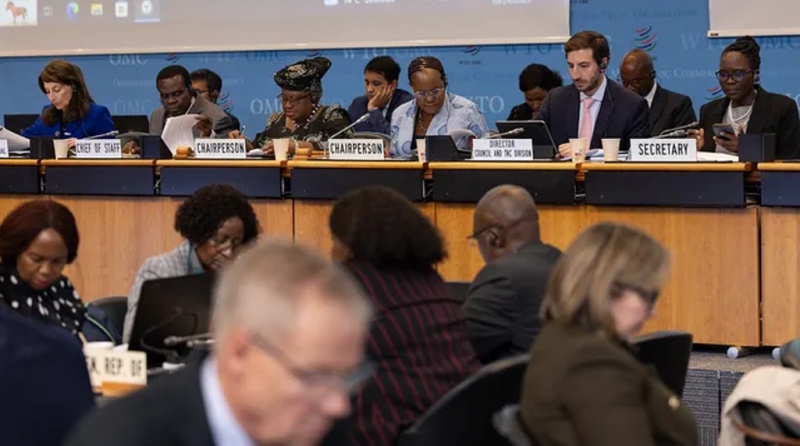 |
| Illustrative photo of a WTO meeting. Source: Ministry of Foreign Affairs |
Taking place from 26-29 February in Abu Dhabi, United Arab Emirates (UAE), MC13 will convene ministers and delegations from around the world to update WTO agreements on trade policy, review the functioning of the multilateral trading system (MTS) and set the agenda for the WTO’s future work. The conference will be chaired by Thani bin Ahmed Al Zeyoudi, UAE Minister of Foreign Trade. The Ministerial Conference is the WTO’s highest decision-making body and, under the Marrakesh Agreement, must meet every two years.
Since the WTO was established in 1995, 12 ministerial conferences have been held with varying success. MC12 in 2022 in Geneva, Switzerland, a landmark decision to set new global rules to curb harmful subsidies and protect global fish stocks, has restored the negotiating function of the multilateral trading system and demonstrated that environmental issues can and should be discussed at the WTO.
Main content of the agenda
Fisheries Subsidies : At MC12, governments agreed on rules that address the situations where subsidies pose the greatest threat to sustainability: illegal fishing; overfished stocks; and lack of regulation. MC13 provides an important opportunity for WTO members to complement this agreement with broader rules that address subsidies more comprehensively. These rules are critical to better address the fundamental role of government subsidies in causing overfishing.
WTO Reform : MC13 will face many important issues, but the main focus will be: how do governments want to use the organization? First on the agenda is improving and strengthening the organization’s system for resolving international trade disputes. This system has been stuck for years because of disagreements about how to operate.
The second major issue is whether and how new multilateral agreements between groups of members should be incorporated into the WTO treaty suite. A new treaty, on Investment Facilitation for Development, is already in the pipeline and MC13 offers an opportunity to explore the way forward.
The third important discussion revolves around Special and Differential Treatment (SDT), the more flexible treatment that developing country members can receive in trade agreements. But there is an ongoing discussion about the flexibility that other developing countries will receive and whether countries can continue to self-designate as developing countries.
Agriculture negotiations : MC12 produced two important food security outcomes: the Ministerial Decision to exempt World Food Programme (WFP) food purchases from export bans or restrictions - WFP Exemption and the Ministerial Declaration on Emergency Response to Food Insecurity.
MC13 is an important opportunity for WTO members to provide useful guidance for the new phase of WTO agriculture negotiations, as well as to achieve concrete outcomes that benefit least-developed countries (LDCs) and create a level playing field, including through a commitment to exempt LDC food buyers from export bans or restrictions.
Why is MC13 important?
Overall, as countries grapple with the economic fallout from the Covid-19 pandemic and seek collective solutions to sustainable development, MC13 represents an opportunity to reshape the WTO’s role in facilitating fair, inclusive and resilient global trade. The fisheries subsidies decision at MC12 was the first WTO agreement to place environmental sustainability at its core. If additional rules are agreed at MC13, this would mark the completion of a landmark agreement on global sustainable development.
Members are also close to agreement on an improved system for resolving international trade disputes, as part of WTO reform. A fairer, more effective system would help smaller countries, in particular, resolve disputes with more powerful trading partners. For the first time, the WTO Ministerial agenda includes discussions focused on both the environment and inclusiveness in trade policy.
The fact that these issues are squarely on the agenda represents a step change in how the multilateral trading system defines its role in the world. At MC13, the global trading community has an opportunity to find ways to work together again, paving the way for more constructive dialogue on economic development while protecting the environment and shifting the policy trajectory towards a fairer and more sustainable global economy.
Source


![[Photo] General Secretary To Lam receives Vice President of Luxshare-ICT Group (China)](https://vphoto.vietnam.vn/thumb/1200x675/vietnam/resource/IMAGE/2025/11/15/1763211137119_a1-bnd-7809-8939-jpg.webp)

![[Photo] Panorama of the 2025 Community Action Awards Final Round](https://vphoto.vietnam.vn/thumb/1200x675/vietnam/resource/IMAGE/2025/11/15/1763206932975_chi-7868-jpg.webp)


![[Photo] Prime Minister Pham Minh Chinh meets with representatives of outstanding teachers](https://vphoto.vietnam.vn/thumb/1200x675/vietnam/resource/IMAGE/2025/11/15/1763215934276_dsc-0578-jpg.webp)






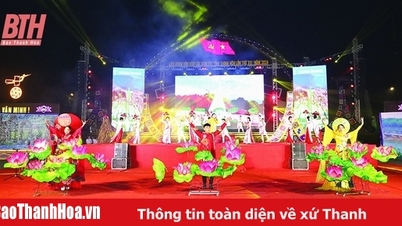

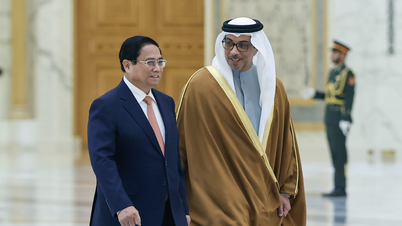

















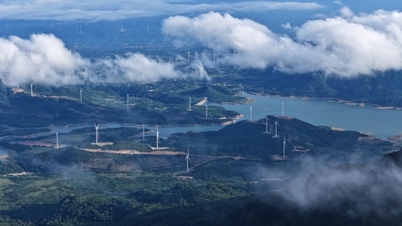
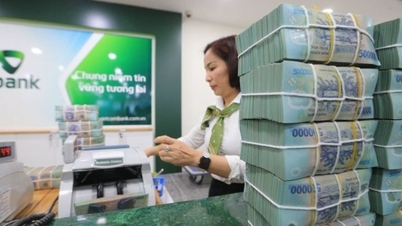
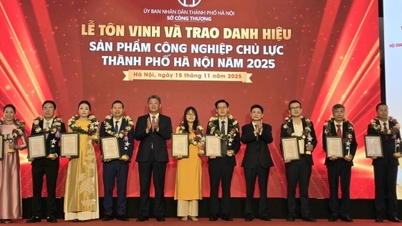
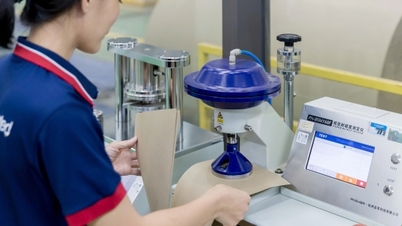
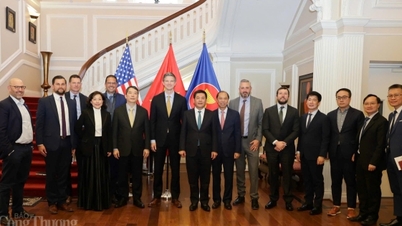
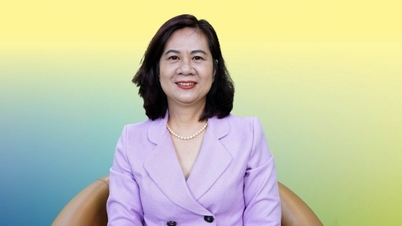



































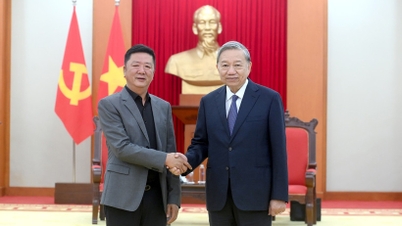
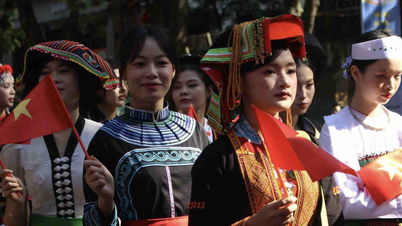

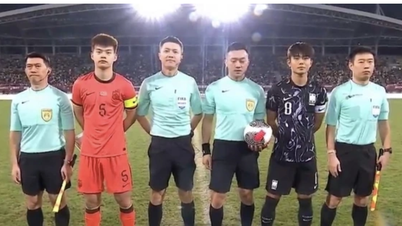

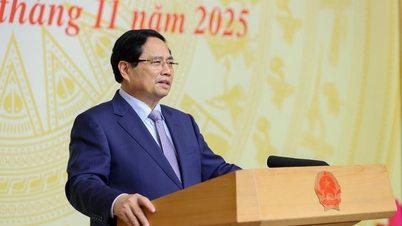
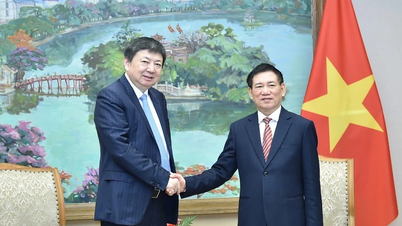





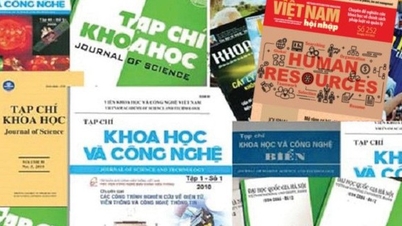
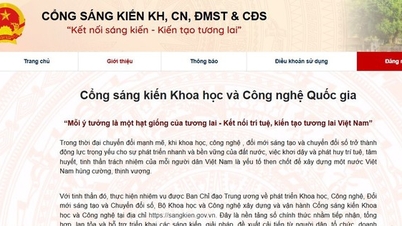

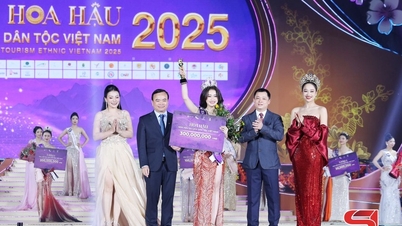















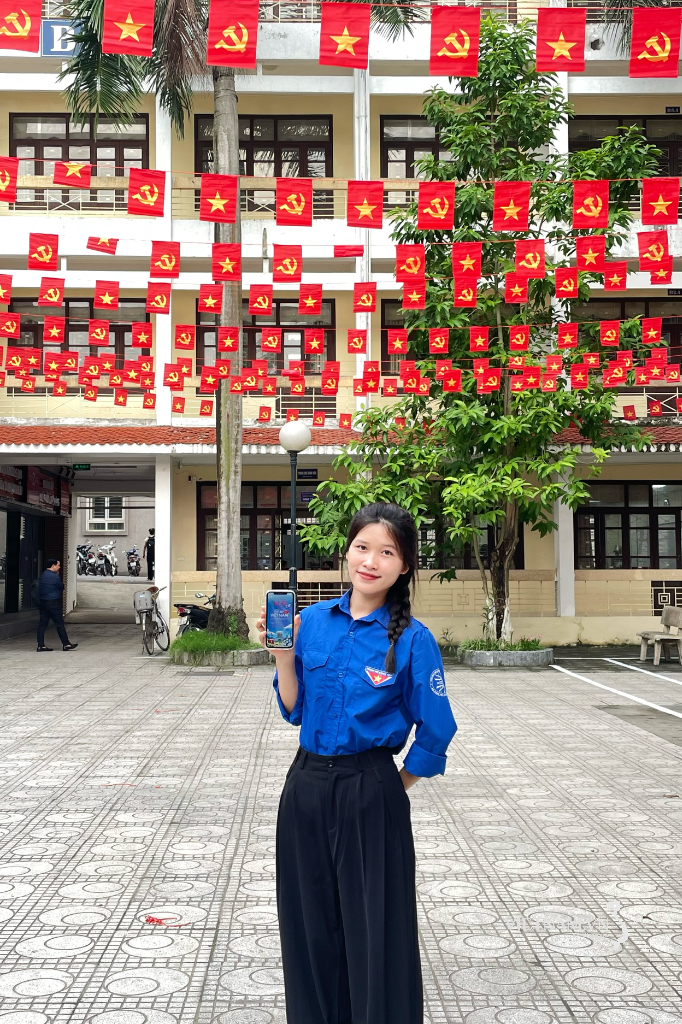



Comment (0)